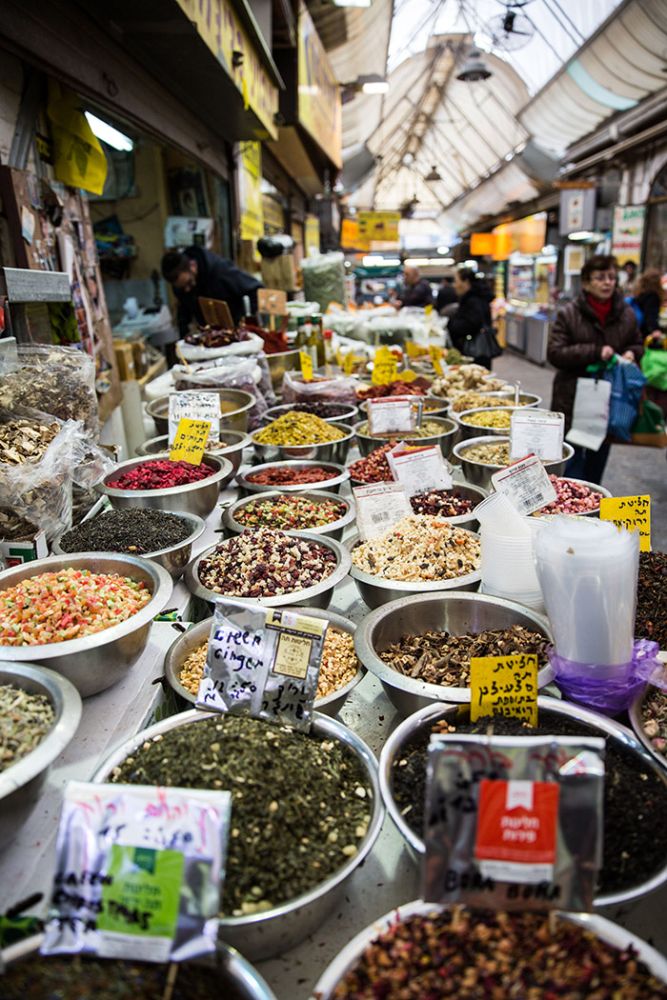

The Mahane Yehuda Market, often referred to as "The Shuk" by locals, is not just a marketplace but a vibrant hub of culture, history, and gastronomy in Jerusalem, Israel. Established in the late 19th century, the market has been at the forefront of Jerusalem's economic and social landscape, evolving from a small neighborhood bazaar to a must-visit destination for tourists worldwide.
Mahane Yehuda's history began when Arab merchants and Jewish settlers from the Old Yishuv started to trade here. It underwent significant expansion during the British Mandate period, with waves of Jewish immigrants contributing to its growth. In the 1920s, the market was named "Mahane Yehuda" after Yehuda Navon, who owned the land where the expansion took place.
Over the years, the market has witnessed numerous changes, including modernization efforts and regeneration after periods of decline. It has managed to retain its authenticity by embracing both the old and the new.
Tourism in Mahane Yehuda Market has seen a surge thanks to its blend of traditional and contemporary experiences. Visitors are drawn to the sights, sounds, and smells of the vibrant stalls selling everything from fresh produce, spices, sweets, and baked goods to clothing and unique handcrafted items.
Guided food tours have become particularly popular, offering a taste of local cuisine and insights into Israeli food culture. The market transforms from day to evening, with many stalls converting into bars and restaurants, creating an electric nightlife scene that attracts both tourists and locals.
Mahane Yehuda Market has embraced modern trends while preserving its traditional charm. One of the latest tourism trends is the rise of culinary experiences that allow visitors to engage in cooking classes and workshops with local chefs.
The addition of art installations and murals throughout the market has introduced a contemporary cultural element that has become a draw for younger tourists and social media enthusiasts looking for the perfect photo backdrop.
The integration of technology in tourism is evident as many vendors now offer online platforms for visitors to purchase goods remotely, and virtual tours have become available for those unable to travel.
In response to the global health crisis, Mahane Yehuda Market has implemented health and safety protocols to ensure a safe environment for visitors. These measures have helped restore confidence in tourism to the market and have allowed for a gradual return to the bustling atmosphere the Shuk is known for.
Today, Mahane Yehuda Market stands as a testament to the enduring spirit of Jerusalem's diverse cultural landscape. Its rich history and continuous evolution make it an essential destination for anyone looking to experience the authentic essence of Israel's capital city. As tourism trends continue to evolve, the market adapulously adapts, ensuring it remains a beloved landmark for generations to come.